I want to talk about overcoming coronavirus to give people hope, says Rubina Ashraf
This year, so far, has been an eventful one for Rubina Ashraf — and not always in a good way.
The veteran actress and director recently recovered from a severe bout with the coronavirus. The experience has left her exhausted, and she still struggles with her breathing while she talks.
However, before Covid-19 came along and turned the world askew, Rubina was weathering the ups and downs of directing a drama that had raked in high ratings, but had also run into controversy on — where else? — social media.
Even her battle with the coronavirus hasn’t made her forget the travails from a few months ago, when several critics had been accusing her of favouritism for casting her daughter in one of the lead roles.
A question of nepotism
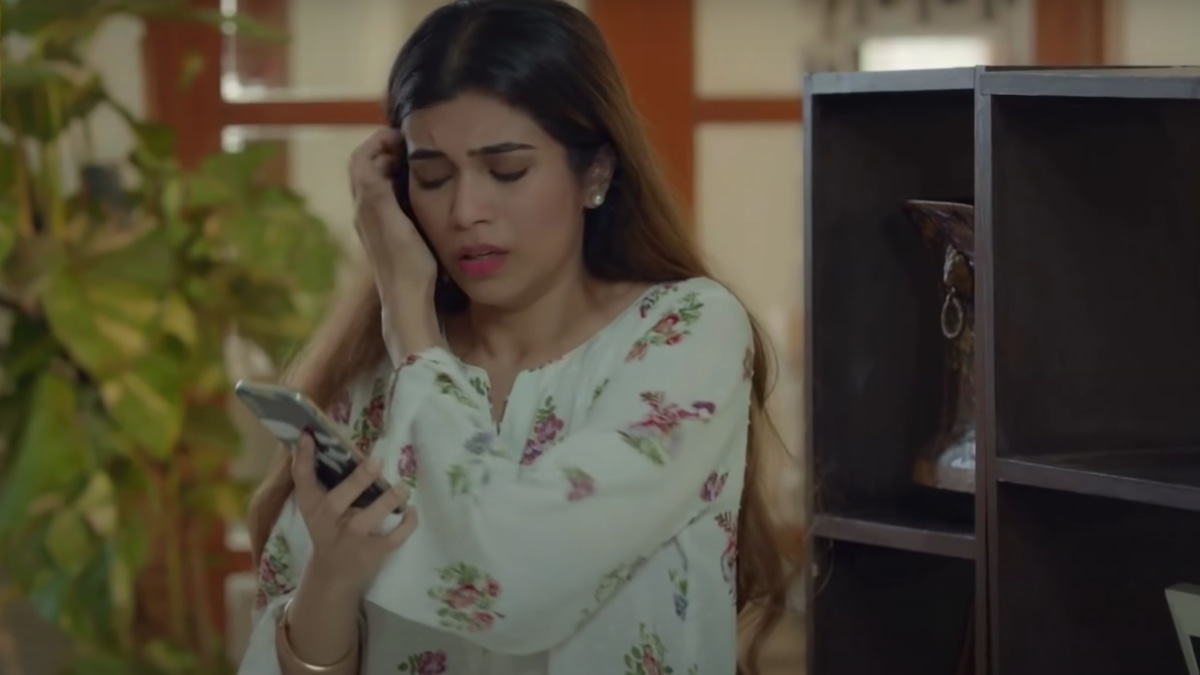
“I was very, very hurt,” she tells me.
This is how my conversation proceeds with Rubina Ashraf, yo-yoing from her distressing coronavirus experience to how she was called out for her direction of the drama Ruswai. She remembers, very vividly, every critic who had complained about the drama.
“All of you are reaching out to me now, to ask me about how I overcame the coronavirus,” she says. “Couldn’t everyone have also called me then, just to get their facts straightened out? The word ‘nepotism’ was used against me simply because my daughter was part of the drama’s cast. But no one bothered to ask me if the story had been directed according to the script, or if I had changed it just to suit my daughter.”
She pauses. “I want to talk about how I overcame the coronavirus because I want to guide people and give them hope. But I also have to address the pain and unfair treatment that I endured some months ago when Ruswai was on air.”
Social media commentators — including myself — had pondered over why a story, that had earlier been chalking the trials of a gang-rape survivor, played by Sana Javed, had veered into a tale revolving round the traditional custom of ‘watta-satta’.
As the drama progressed, more and more episodes had been dominated by the character played by Rubina’s daughter, Minna Tariq, rather than Sana’s character and, at that point the word ‘nepotism’ had been floated out quite frequently.
Rubina argues that Ruswai, from the very onset, was following two separate tracks in its storyline.
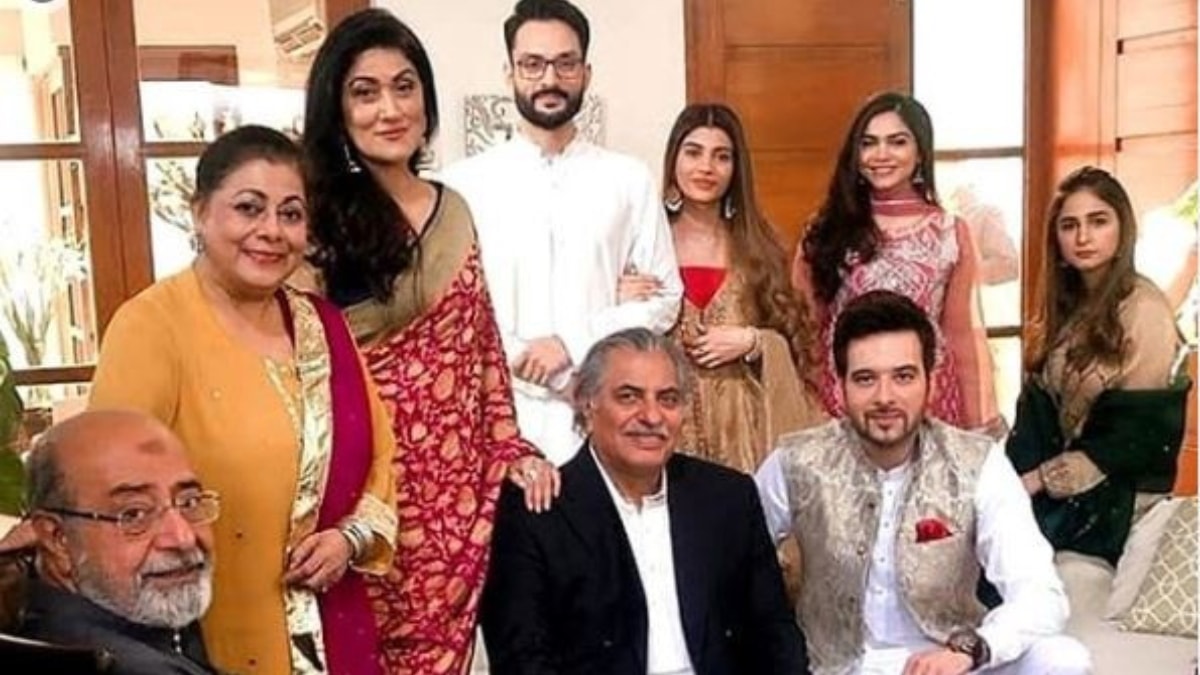
“Ruswai started out with watta-satta, went through different twists, and then returned to the original concept,” she says. “The script was written brilliantly by Naila Ansari, and I followed it very passionately. Anyone who thought that I was playing favourites could have simply called me, Naila, my producer Humayun Saeed, or the heads at ARY, the channel on which it was airing. We would have provided a more realistic picture.”
Why didn’t she say all this at the time, when the internet was attacking her for favouring her daughter as a director?
“I didn’t feel the need to explain. Also, my drama was airing at the time. It was raking in high ratings. No one in their right mind would try to ruin a project that was bringing them so much success and acclaim, by paying heed to social media debates and actors who may think that everything should revolve around them.”
Rubina continues, “If I had talked at the time, it would have led to more gossip-mongering, with people reporting what I was saying and then adding comments of their own. I really didn’t want to encourage that.”
Even if Ruswai was not a victim of nepotism, the drama did go on through multiple very harrowing episodes. I ask her if the drama’s high ratings had pressurised her into dragging it out, so that it brought in higher revenue?
Her reply comes promptly, “I don’t think that Ruswai dragged at all, and if anyone says that it did, I would tell them to go see the drama again. I chopped off huge chunks so that it could be crisper, and wouldn’t be repetitive.
“In fact, I see so many dramas these days that rely on constant flashbacks. We didn’t make things boring with flashbacks.” I agree with this observation of hers — flashbacks are the bane of Pakistani drama storytelling right now — even if I think that Ruswai could have been shorter by several episodes.
Rubina insists, “Every story has its own pace and this was Ruswai’s pace. When I look back now, I sometimes think that some of the more dramatic scenes could have been slowed down a lot more!”
Setting the controversy aside, was she happy with the way Ruswai fared overall? “It’s a drama that I’m very proud of, and I don’t think that I have ever gotten as much feedback for any of my past successes as a director,” she says.
“A lot of people connected with the different aspects shown in the drama. For instance, the scenes where one of the characters suffers from postpartum depression were discussed at length in forums. I steered my cast in a certain direction and then gave them the freedom to perform, and they all acted so well."

“I have always cringed at the way our dramas project women, dressed to the nines regardless of the roles that they are enacting. I believe that the glamour in TV comes from being true to your role, and none of the actresses in Ruswai were overly made-up," she continues.
"An actor needs to focus on his or her role, rather than be preoccupied with the way he or she is looking. I think the way my actors looked in the drama managed to enhance the story’s impact. I really don’t care about ratings and awards, but I do think that my drama was a sincere effort to tell a story well.”
Coronavirus and depression - a dangerous duo
We move on to her life post-Ruswai, when a sudden attack of the coronavirus led to her getting hospitalised for over a month. Rubina was amongst the many who were hit by the post Eid-ul-Fitr viral wave.
“The initial months of lockdown were very tough for me. I was depressed because I had been holed up indoors for so long and, by Eid-ul-Fitr, I really wanted to go meet a few select relatives. I think I just got over-confident that I would stay well and then, a few days later, I had contracted the virus. I went into isolation immediately, staying inside my room, telling my family to leave my food outside the door.”
She continues, “For three days, I was fine and then the depression hit me. I get nauseous very easily and I started vomiting. I think I randomly called every doctor I knew, asking them what to do. The isolation was killing me, and I was forgetting what I was saying. My son tells me that, at one point, he had come into my room, wearing a protective suit, and I had asked him why he wasn’t wearing his spectacles. He reminded me that we had gotten his eyesight treated with laser therapy three years ago, and realising that I was dazed, I had replied that I wouldn’t wish this disease even on my enemies.”
As Rubina’s condition worsened, her family had to get her hospitalised.
“I have to emphasise that depression and the coronavirus are a particularly lethal combination. I was completely paranoid. While in hospital, my oxygen levels kept dropping and there was a time when I couldn’t even lie on my side without fearing that I would lose my breath completely.
“I remember sitting on the hospital bed, trying to cut my nails, and it took me five minutes to cut the nail of a single finger. My hands kept shaking and I just didn’t have any energy. That’s how important oxygen is for us.”
There were several times when the doctors suggested that she should be put on a ventilator, but Rubina’s family didn’t allow it, fearing that she would not be able to revive.
“Instead, they kept bringing me medicines and apparatus that would maximize my oxygen intake. My brother drove down from Lahore three times to see me. I was taking heavy doses of antibiotics and blood thinners.
“The nursing staff at the hospital were a blessing. I was initially in the Covid-19 ward and my family could only communicate with me from the doorway. At that time, I could only talk to the nurses, and I will always be indebted to them for the way they tried to cheer me up and talked to me. Most of them were young girls — some from far-flung areas of Pakistan — and they were working hard, day and night, to combat this pandemic.
“There were two times when I thought that I would just die but then, slowly, I began to get better.” Complications arose, however, on the day that she was going to be released from the hospital.
“I started feeling pain in another part of my body and it turned out that a vein had gotten ruptured because of the blood thinners that I had been taking. I had to be operated upon immediately, and I stayed in the hospital for another four to five days. Then, I finally returned home, all stitched up!”
Post-recovery reflections
Even after a month in the hospital, however, Rubina still feels very weak.
“There are oxygen cylinders everywhere in my home — near my bed, in the washroom. I get exhausted very quickly. I had never thought that I would contract such a severe case of the coronavirus. I have generally always been very healthy. The only time that I had been to the hospital before this had been for the birth of my children.”
During the days of her illness, her spirits were bolstered by her family, friends and the huge number of fans that sent out prayers to her. Rubina had contracted the coronavirus at a time when panic surrounding the pandemic was at its highest, and prayers for her were frequently voiced out on Twitter and Instagram.
“My family would tell me about the way everyone was wishing me health, and it really made me stronger. My friends also stood by me."

"My friend Shagufta Ejaz would text me daily and ask me how I was doing, what my oxygen levels were etc. At one point, I sent out a voice note to my friends in the industry, just to assure them that I was getting better. On the contrary, my voice sounded so sickly that many of them called up my daughter in tears, distraught by how I sounded," Rubina confessed.
“My family’s perseverance was also a huge source of support. They never gave up — and they never let me give up.”
Having vanquished the coronavirus, Rubina hopes to return to work next month. “Two of the projects that I was working on have been on hold for some time now: Uraan, which is almost wrapped up, and Khuda Aur Mohabbat, which has been hanging in limbo while I get better. I want to complete these dramas and then, I think, I would want to take a break. Once the lockdown ends, I’d like to travel.
“I think we all need to treat ourselves. It has been a tough year.”
It certainly has. Fortunately, for Rubina, her trials seem to have culminated in a happy ending. May the good times go on.





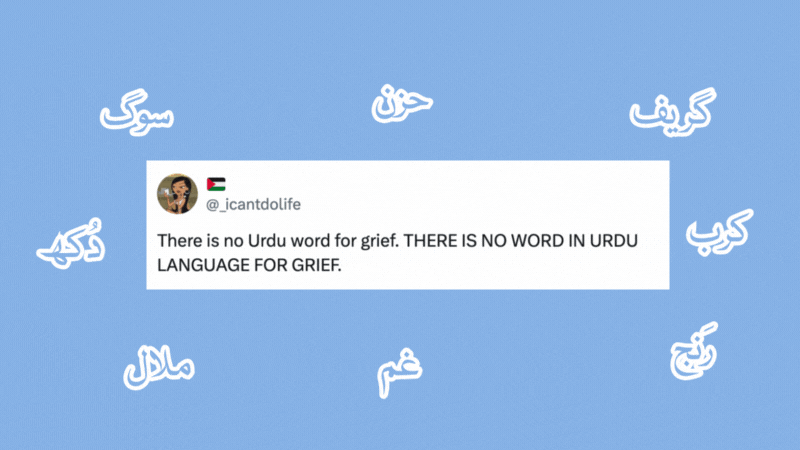

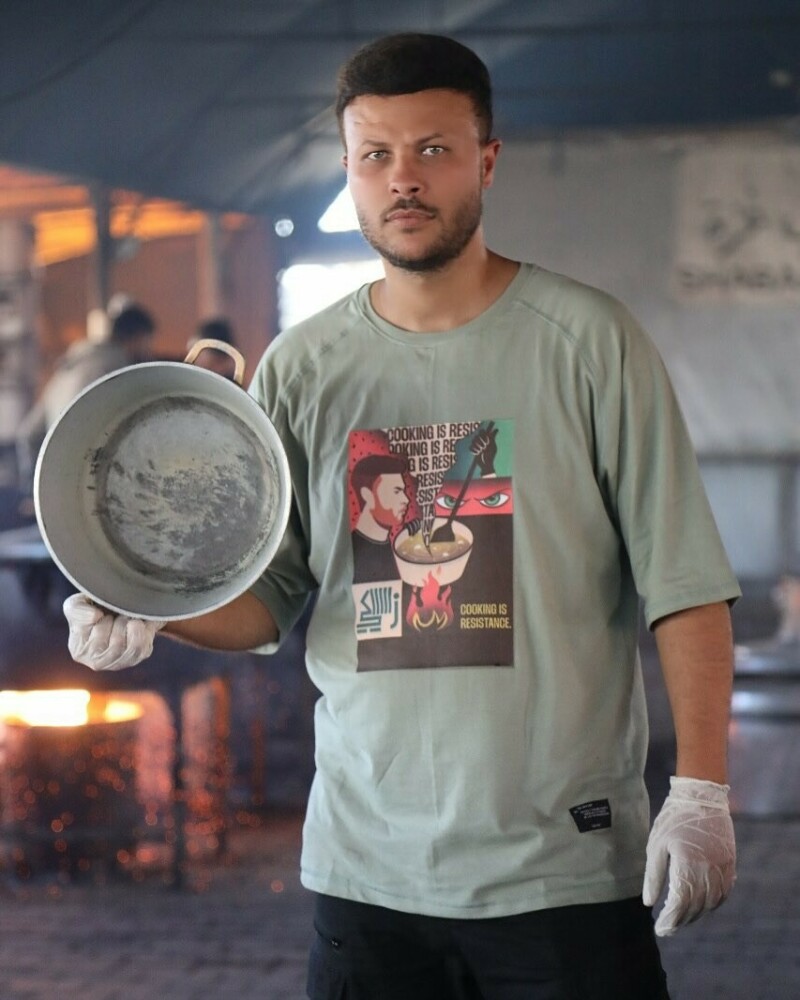
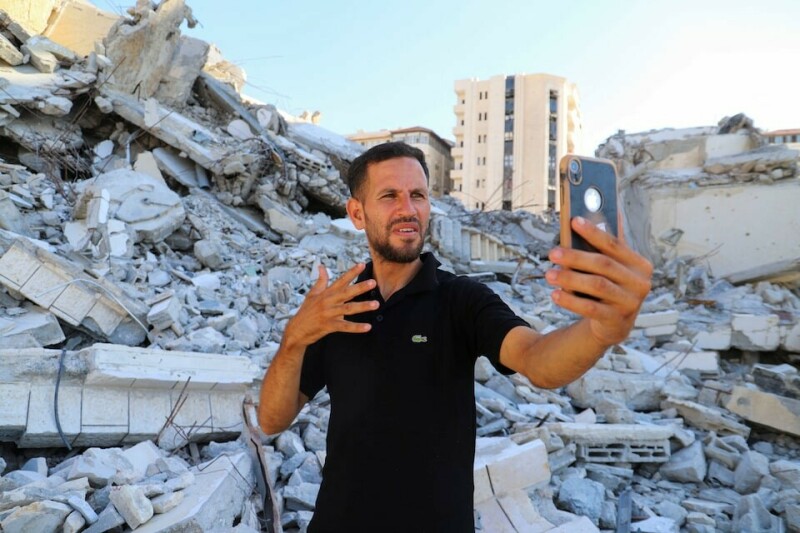
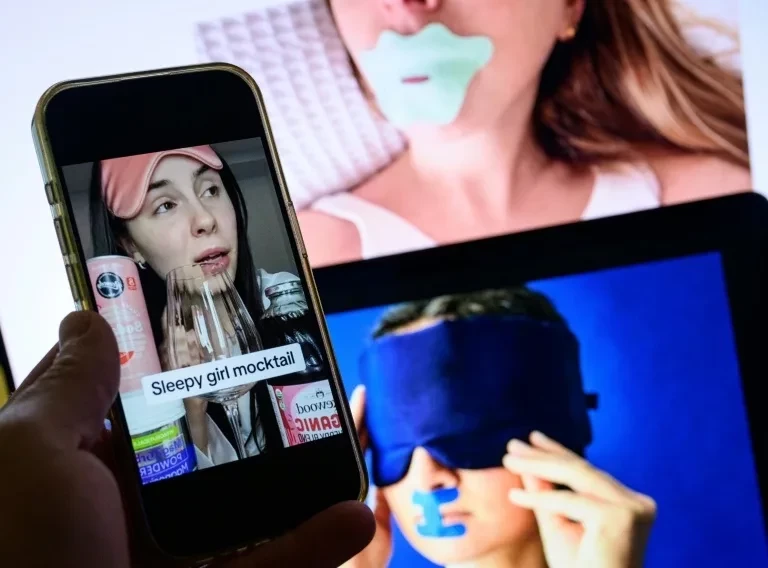
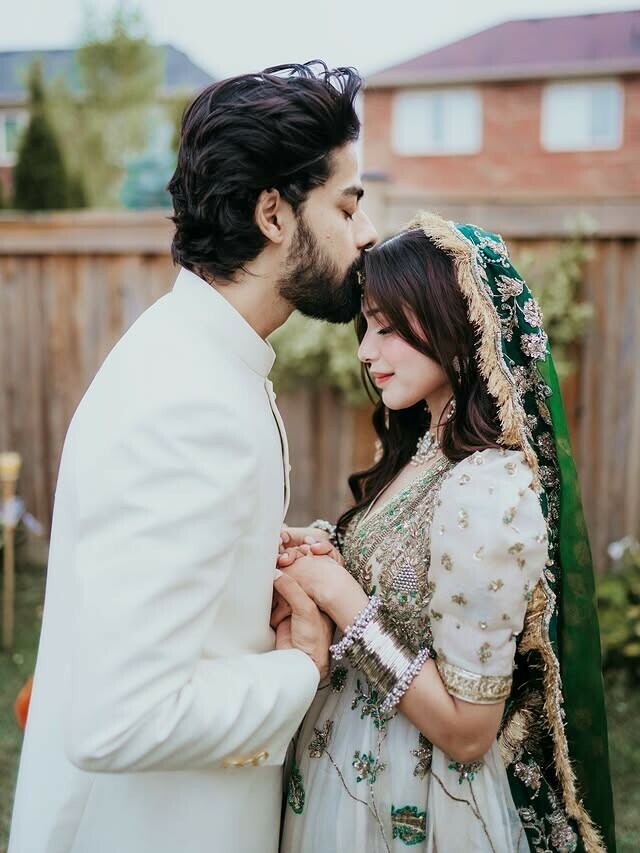
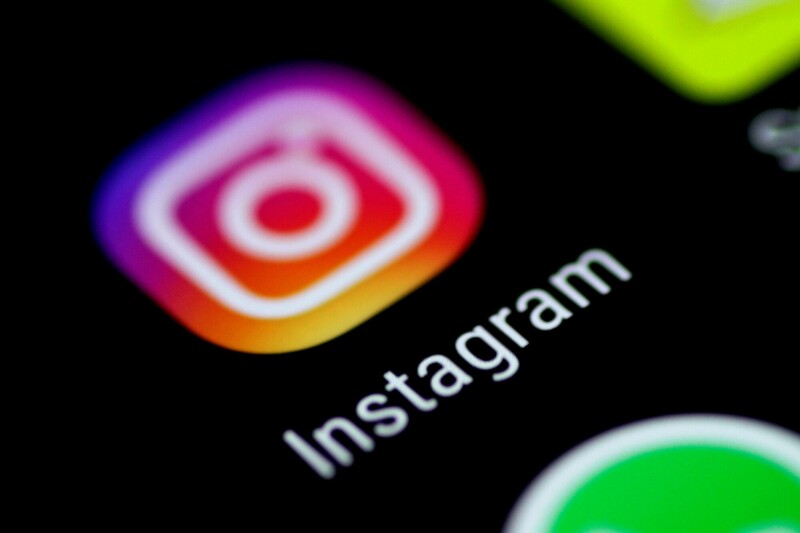
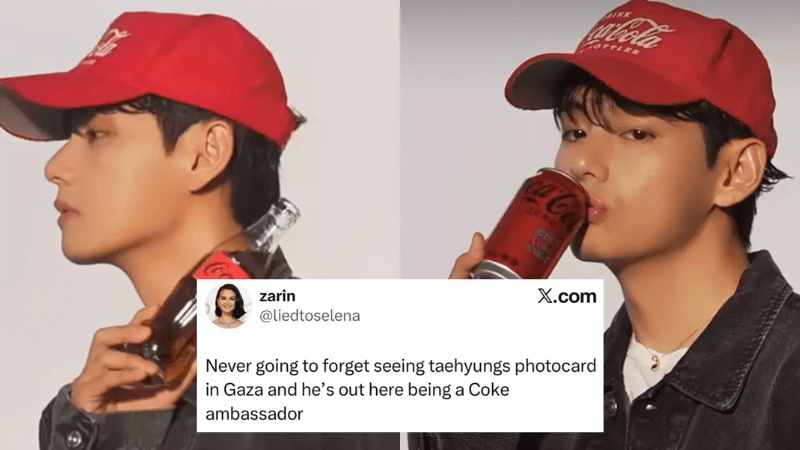
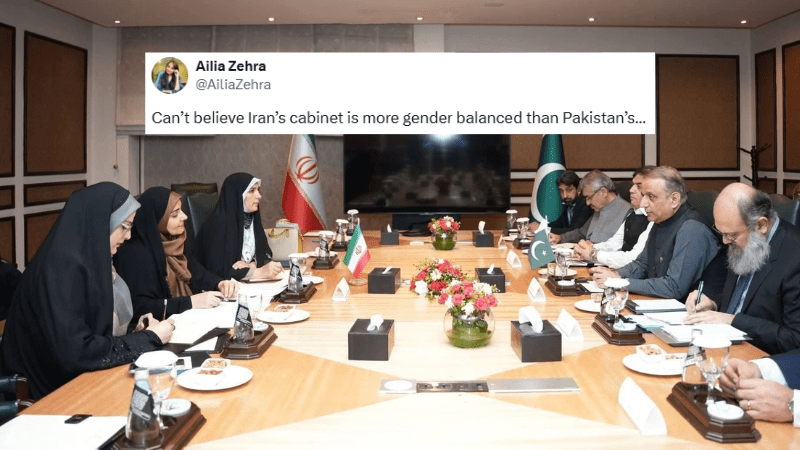
Comments